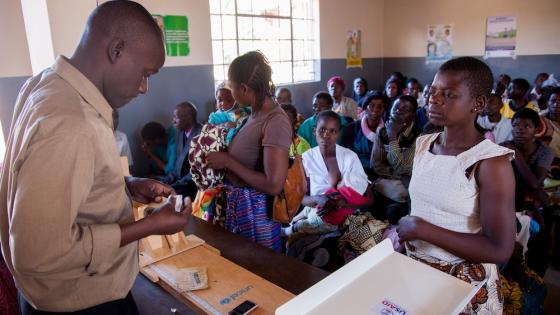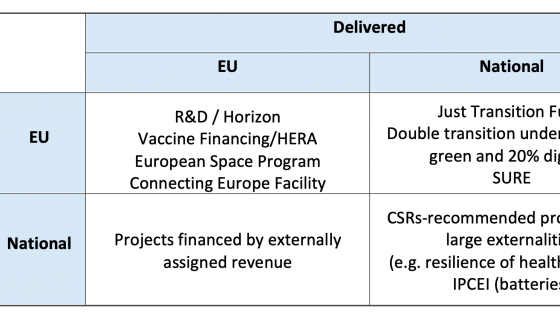DP7066 Public goods, participation constraints, and democracy: A possibility theorem
It is well known that ex post efficient mechanisms for the provision of indivisible public goods are not interim individually rational. However, the corresponding literature assumes that agents who veto a mechanism can enforce a situation in which the public good is never provided. This paper instead considers majority voting with uniform cost sharing as the relevant status quo. Efficient mechanisms may then exist, which also satisfy all agents' interim participation constraints. In this case, ex post inefficient voting mechanisms can be replaced by efficient ones without reducing any individual's expected utility. Intuitively, agents with a low willingness to pay have to contribute more under majority rule than under an efficient mechanism with a balanced budget. This possibility theorem is not universal in the sense of Schweizer (Games and Economic Behavior, 2005).


